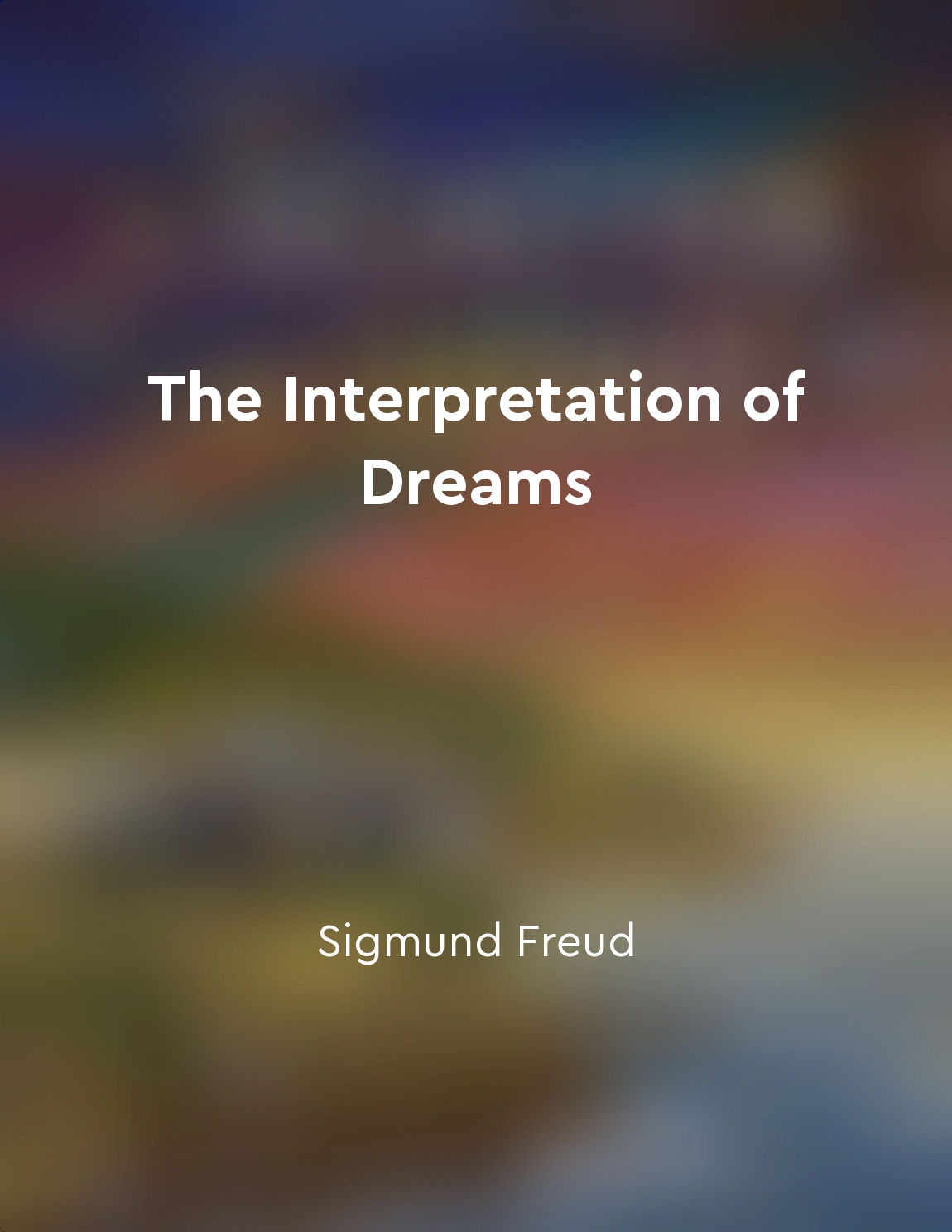The unconscious mind plays a central role in dream formation from "summary" of The Interpretation of Dreams by Sigmund Freud
In the process of dream formation, the unconscious mind holds a significant position. It is within the depths of the unconscious that our desires, fears, and memories reside, influencing the content of our dreams in subtle yet profound ways. These hidden aspects of our psyche shape the symbols and narratives that manifest in the dream world, often without our conscious awareness. Through the lens of psychoanalysis, dreams are seen as a window into the unconscious mind, offering valuable insights into our innermost thoughts and emotions. The unconscious mind, operating beyond the reach of our conscious control, weaves together a complex tapestry of symbols and metaphors in dreams, drawing from a reservoir of repressed desires and unresolved conflicts. As we sleep, our conscious mind re...Similar Posts
Belonging is essential for happiness
Belonging isn't just about being part of a group or community; it's about feeling like you have a place in the world, like you ...
Psychoanalysis aims to uncover unconscious motives
Psychoanalysis delves into the depths of the human mind, seeking to unearth the hidden forces that drive our thoughts, feelings...

Symbolism is a key component of dream analysis
Symbolism plays a crucial role in the analysis of dreams. Dreams are not just random and meaningless, but rather they are fille...
Catharsis releases pentup emotions
The concept of catharsis is a fundamental aspect of psychoanalytic theory, in which the release of pent-up emotions plays a cru...

The manifest content of dreams differs from the latent content
In my research on dreams, I have found that there is a distinction between what appears on the surface of a dream, known as the...

Symbols in dreams can have both personal and universal meanings
Symbols in dreams can often carry meanings that are unique to the individual dreamer, rooted in their personal experiences, mem...
